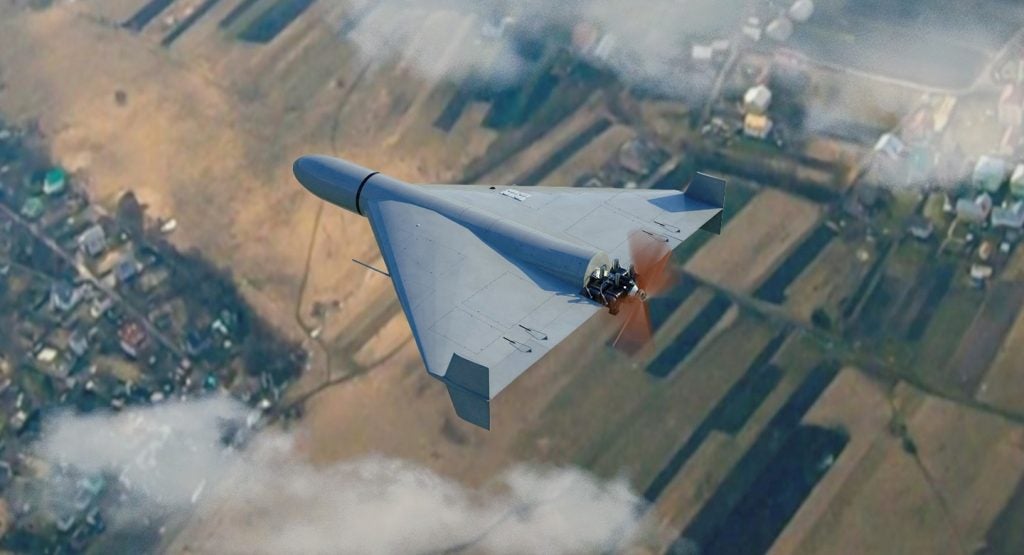
US President Joe Biden has signed National Defence Authorisation act (NDAA) that authorises $770bn in defence spending for fiscal year (FY) 2022.
Earlier this month, the US Senate approved the annual NDAA that authorises the funding for the Department of Defence (DoD).
The NDAA specifies the annual budget and expenditures for the DoD. It was passed by both the Congress houses.
The NDAA for fiscal year 2022 will allocate some 5% extra funding for defence sector, compared with last year.
Last year, former US President Donald Trump vetoed an annual $740bn defence spending bill, citing that the budget fails to include critical national security measures.
The latest bill authorises nearly $25bn more than President Biden requested.
It authorises a 2.7% pay increase for service members and the civilian Defense Department personnel, and $75.3m to operate the Armed Forces Retirement Home.
In a White House press briefing, Biden said: “I have signed into law S. 1605, the “National Defense Authorization Act for Fiscal Year 2022” (the “Act”).
“The Act authorises fiscal year appropriations principally for the Department of Defense, for Department of Energy national security programmes, and for the Department of State.
“The Act provides vital benefits and enhances access to justice for military personnel and their families, and includes critical authorities to support our country’s national defence.”
The defence act also includes several provisions to address the challenges from China, including $7.1bn for the ‘Pacific Deterrence Initiative’.
It also contains a statement of congressional support for the Taiwanese defence.
Furthermore, the act requires the DoD to submit an annual report to Congress related to security and military developments involving China.
The US and Lithuania recently signed a reciprocal defence procurement agreement to increase military collaboration between the two countries.








